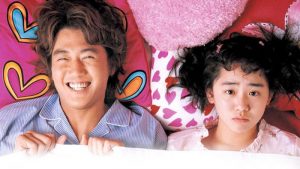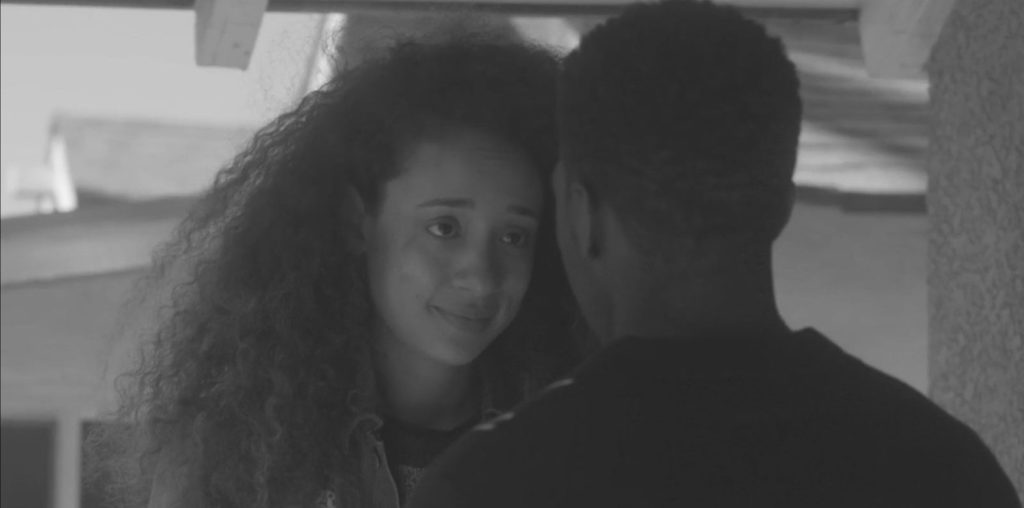
The romance movie genre has a long history, dating right back to the era of the talkies, and over the decades, there have been countless classic romance movies featuring some of the most famous actors in the business, from Greta Garbo to Julia Roberts.
Given how long the romance movie has been around, it is remarkable that directors and actors are still able to create new cinematic experiences from the same boy-meets-girl formula, but the genre continues to produce movie classics in every decade. What makes a good romantic movie? Here are six factors for romance success.

A creative approach
As a movie genre, romance is one of the most restrictive, and it can be hard for new movies to grab the attention of audiences. The key to success, particularly with sophisticated 21st-century audiences, is to produce a fresh take on romance. The best romance movies usually have something different about them, whether that is an unusual location, a quirky storytelling style, or a distinctive look. Ryan Kavanaugh, the CEO of Relativity, is one of the biggest producers in the industry, and his success depends on working with directors who can bring new perspectives to bear on classic movie genres.
Likeable characters
It is remarkable how often filmmakers overlook the importance of putting likeable characters in their movies. Likeable doesn’t necessarily mean “pleasant” or conventionally likeable. They can be grumpy, unpredictable or sarcastic, but as long as there is a core of likeability, there is a chance that the audience will care about the characters and will feel invested in the ups and downs of their relationship. Nothing drains the life out of a romance movie quicker than the presence of clichéd or unpleasant characters.
Avoiding clichés like the plague
As a long-established genre, the romantic movie is particularly vulnerable to cliché. A modern audience, brought up on movies of every era, is quick to spot a cliché or a rehashed bit of dialogue or an unoriginal plot, and this can be fatal to a movie’s chances of success. A director may get away with one or two plot clichés, providing the story is well told, but clichéd lines are a big negative in a romance movie, which depends much more than other genres on the quality of the dialogue, whether it is a romantic comedy or a poignant romantic drama.

The importance of realism
It might seem counter-intuitive to mention realism in the context of romance movies, but the reality that we’re talking about here is not about getting the costumes exactly right for the period or accurately depicting the reality of life. No one expects a romantic movie to look like a documentary, but audiences do expect the movie to have a core of reality. Even if it is about an unlikely couple in a distant galaxy, the attraction of the characters for one another, as well as the machinations of the plot, have to grow from a seed of reality – otherwise, no matter how pretty the cinematography or witty the dialogue, there is a danger that audiences won’t care about one or both main characters, which is pretty much fatal for a romance movie.
On-screen chemistry
It can be difficult to define chemistry in a movie, but we usually know it when we see it. Only the very best actors can get away with faking that chemistry, but it is such a vital part of a romance movie that it can make or break the whole thing. Without a degree of chemistry between the leading characters, a romance movie can be a long and tiring experience, but if there is a good connection between the on-screen lovers, then that fascination can sometimes even transcend a lousy plot and rusty dialogue.
A quirky ending
The romantic movie tradition, which has its roots in Shakespearean comedy, is for the drama to end with a wedding, or possibly more than one wedding. However, while a happy ending may produce a temporary feel-good factor for the audience, films that end this way often don’t live long in the memory. To ensure that a romance movie is going to be remembered decades after it was released, an ambiguous or possibly even tragic ending is a better option as it defies the audience’s expectations and makes more of an impact.
Ultimately, it is difficult to be too prescriptive about what makes a successful romance movie, but movies that avoid cliché, ensure that the main characters have a degree of chemistry, and throw in a quirky ending have a better chance of entering the annals of movie history.


